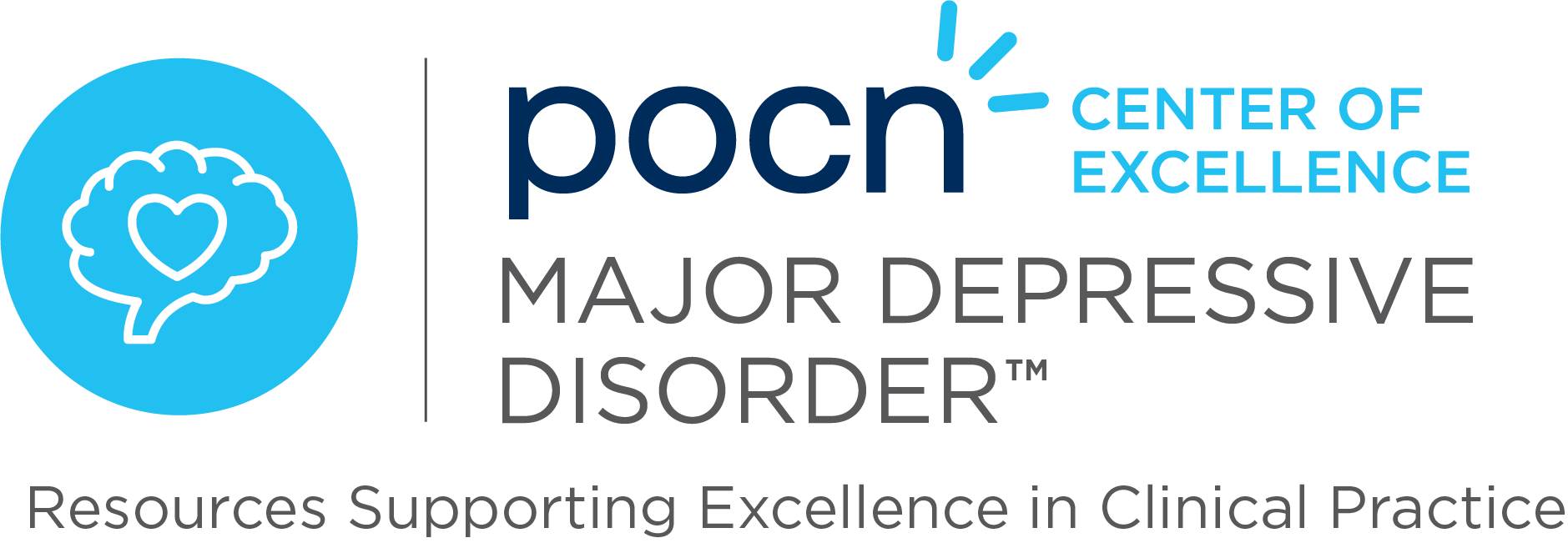Mental health conditions often exhibit comorbidity, meaning they can develop simultaneously in individuals. This is particularly common with illnesses like major depressive disorder, anxiety disorders, and substance use disorders (SUD). Comorbidity, the presence of two or more illnesses at once, adds complexity to treatment, as the conditions can interact and worsen each other. Behavioral health professionals must recognize a wider range of symptoms to accurately diagnose and treat these intertwined conditions, often requiring close communication with patients and their families.
Research shows that comorbidity is prevalent in psychiatric conditions. For instance, about 60% of people with anxiety also experience depression. Studies reveal that individuals with a history of severe depression are more likely to have substance use disorders, with 57.9% of such individuals also having SUD. Other common comorbid conditions include anxiety disorders, personality disorders, alcohol use disorder, and nicotine use disorder. Understanding and addressing these comorbidities is crucial for effective treatment, as prolonged substance use can alter the brain, making individuals more susceptible to mental illnesses.
Reference: Yoho. The Comorbidity of Depression, Anxiety and Substance Abuse. Emerald Psychiatry & TMS Center. Published May 21, 2020. Accessed July 15, 2024. https://emeraldpsychiatry.com/the-comorbidity-of-depression-anxiety-and-substance-abuse/



